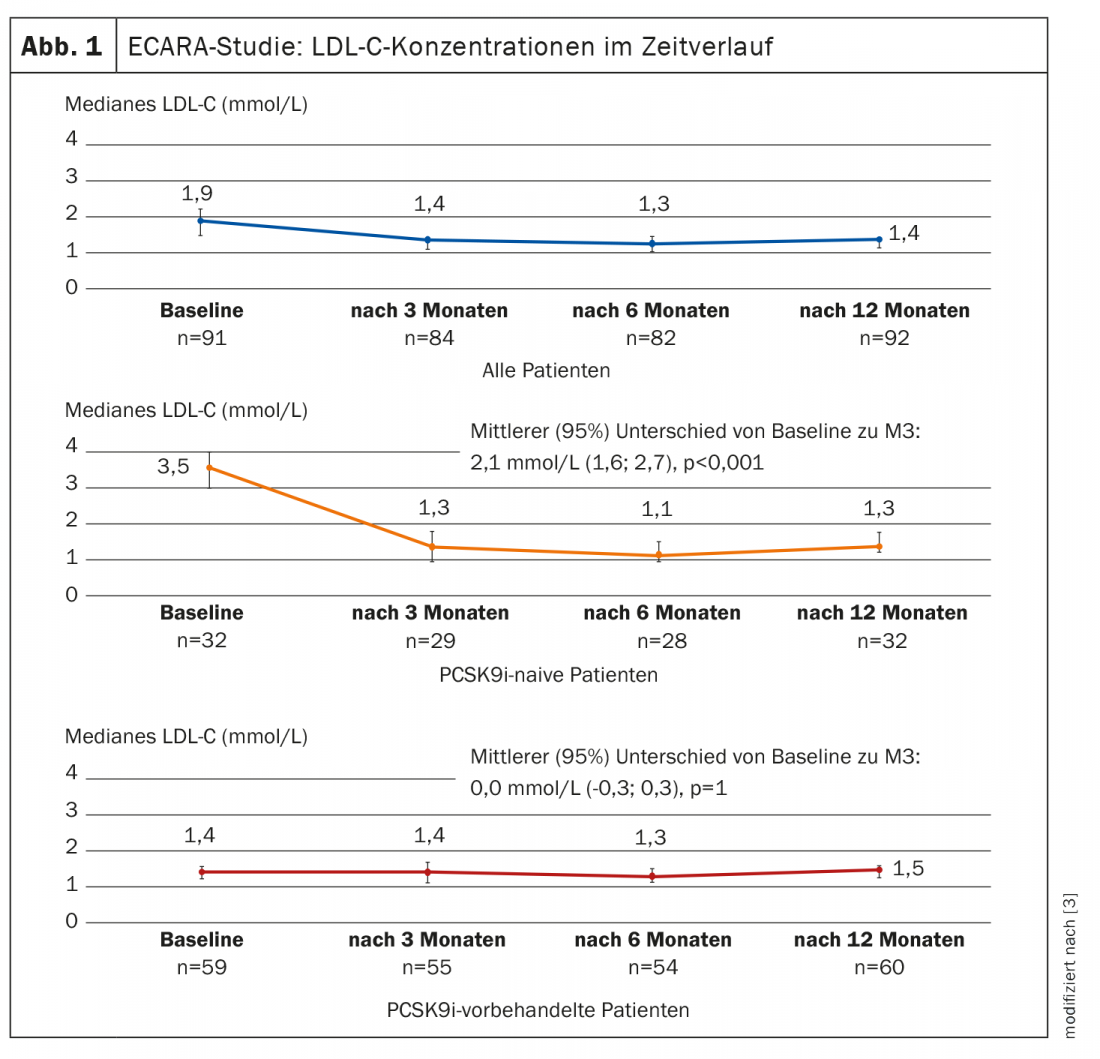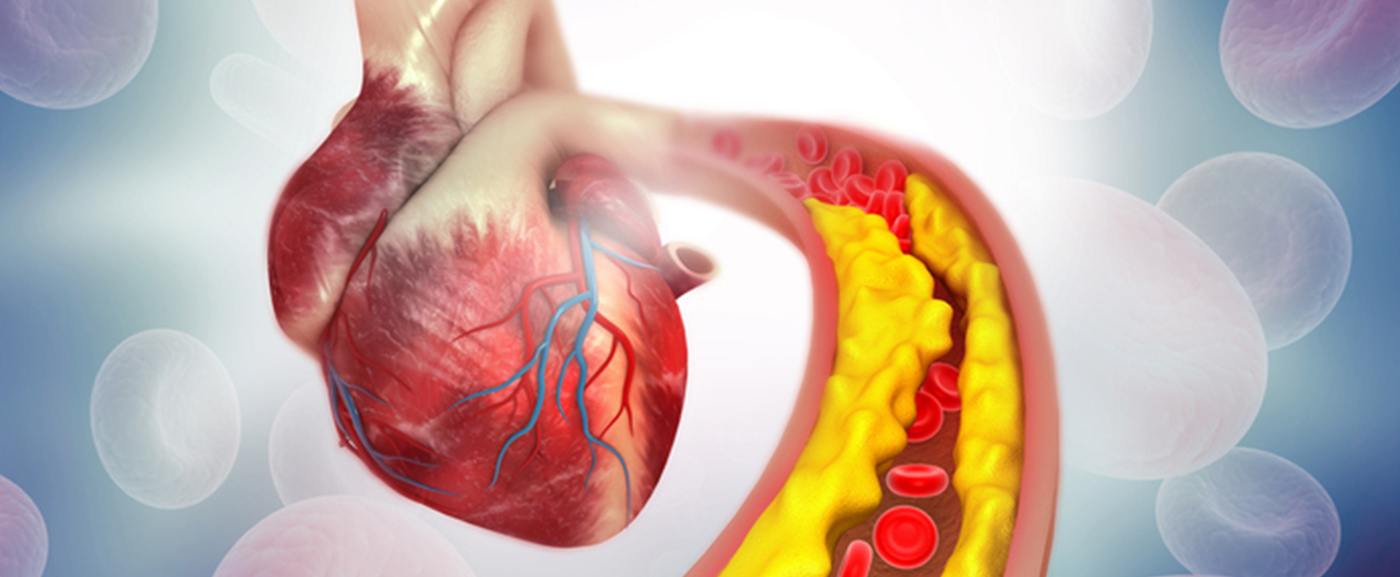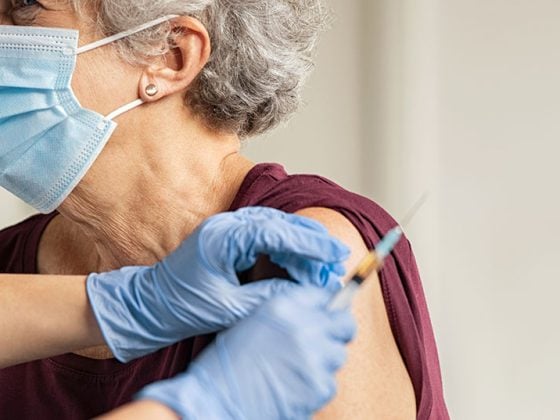Current treatment guidelines recommend low low-density lipoprotein cholesterol (LDL-C) levels for high-risk cardiovascular patients, which are unlikely to be achieved by statin therapy alone [1,2]. The fact that cardiovascular high-risk patients rely on combination therapies to achieve low LDL-C levels in everyday practice is shown by recent data from a Swiss prospective observational study [3].
More stringent LDL-C target values in current guidelines.
LDL-C plays a key role in the development of cardiovascular disease [4]. Few medical interventions are as well documented as the reduction of excessively high LDL-C concentrations, where “the lower, the better” applies. This principle is also followed by the new recommendations of the working group “Lipids and Atherosclerosis” (AGLA) of the Swiss Society of Cardiology (SGK) for the prevention of atherosclerosis. Target LDL-C levels are based on patient risk and are <1.4 mmol/L for high-risk cardiovascular patients and <1.0 mmol/L if patients have experienced two cardiovascular events within two years [1].
The most important at a glance
|
The same stringent target values are also recommended in the current guidelines of the European Society of Cardiology (ESC) and the European Atherosclerosis Society (EAS) [2]. According to the AGLA recommendation, therapy should be escalated rapidly to achieve LDL-C target levels [1]. Against this backdrop, PCSK9 inhibitors such as evolocumab (Repatha®) are gaining importance as high-risk patients will rely on combination therapies to achieve such low LDL-C concentrations [5].
In the PROFICIO clinical trial program, the PCSK9 inhibitor evolocumab has demonstrated its efficacy in 35 clinical trials and 80 real-world analyses involving more than 41,000 patients with hypercholesterolemia: Here, LDL-C levels were reduced by 55% to 75% compared to placebo with good tolerability [6,8].
Randomized controlled clinical trials (RCTs) are indeed the gold standard to assess the efficacy and tolerability of a drug [9]. But can this powerful impact be achieved in a patient population encountered in daily practice? This question has now been investigated in a population from Switzerland in the ECARA study, which was submitted as an abstract to this year’s annual meeting of the SGK [3]. All 100 patients completed a one-year follow-up period. 81% of them had already had one cardiovascular event, 55% two or more. 3% suffered from familial hypercholesterolemia. At baseline, 71% had muscle symptoms related to statins, 44% were receiving statins, 65% had previously received PCSK9 inhibitors, and 35% were PCSK9 inhibitor-naive. The median LDL-C was 1.9 mmol/L [3].
Strong lasting efficacy: even under practical conditions
In patients receiving a PCSK9 inhibitor for the first time, the median LDL-C level was 3.5 mmol/L at baseline and was reduced to a median of 1.3 mmol/L within 3 months of evolocumab initiation. This corresponds to a LDL-C reduction of 60% (Fig. 1). In patients with previous PCSK9 inhibitor treatment, LDL-C concentration remained stably low throughout the year [3]. Thus, the efficacy in the practice setting was very similar to that in the RCT [6]. The low median LDL-C concentrations of 1.4 mmol/L throughout the period also indicate good adherence to evolocumab therapy [3].

CH-REP-0121-00013
This article was written with the financial support of Amgen Switzerland AG, Rotkreuz.
Brief technical information of Repatha®
Literature:
- Prevention of Atherosclerosis 2020. Overview of the recommendations of the Working Group on Lipids and Atherosclerosis (AGLA) of the Swiss Society of Cardiology (SGK) and the European Society of Cardiology (ESC) and the European Atherosclerosis Society (EAS). www.agla.ch/de/empfehlungen, last accessed 10/16/2020.
- Mach F, et al: 2019 ESC/EAS Guidelines for the management of dyslipidaemias: lipid modification to reduce cardiovascular risk. Eur Hear J 2020; 41: 111-188.
- Nanchen D, et al: Use of evolocumab in patients at high cardiovascular risk: the Swiss multicenter prospective observational ECARA study. Abstract No 160. Cardiovasc Med 2020; Suppl. 28. https://cardiovascmed.ch/fileadmin/content/supplements/CVM_Suppl_28.pdf
- Sabatine MS, et al: Evolocumab and Clinical Outcomes in Patients with Cardiovascular Disease. N Engl J Med 2017; 376(18): 1713-1722.
- Ference BA, et al: Low-density lipoprotein cause atherosclerotic cardiovascular disease. Evidence from genetic, epidemiologic, and clinical studies. A consensus statement from the European Atherosclerosis Society Consensus Panel. Eur Heart J 2017; 38: 2459-2472.
- Drug information Repatha®, see www.swissmedicinfo.ch
- Federal Office of Public Health Specialty List, www.spezialitätenliste.ch, last accessed Nov. 1, 2019.
- https://wwwext.amgen.com/newsroom/press-releases/2020/03/amgen-announces-positive-results-at-acc20wcc-from-phase-3b-study-of-repatha-evolocumab-in-people-living-with-hiv-who-have-high-ldlcholesterol
- Akobeng, A. K.: Understanding randomised controlled trials. Archives of disease in childhood 2005, 90 (8): 840-844.
Contribution online since 26.02.2021












